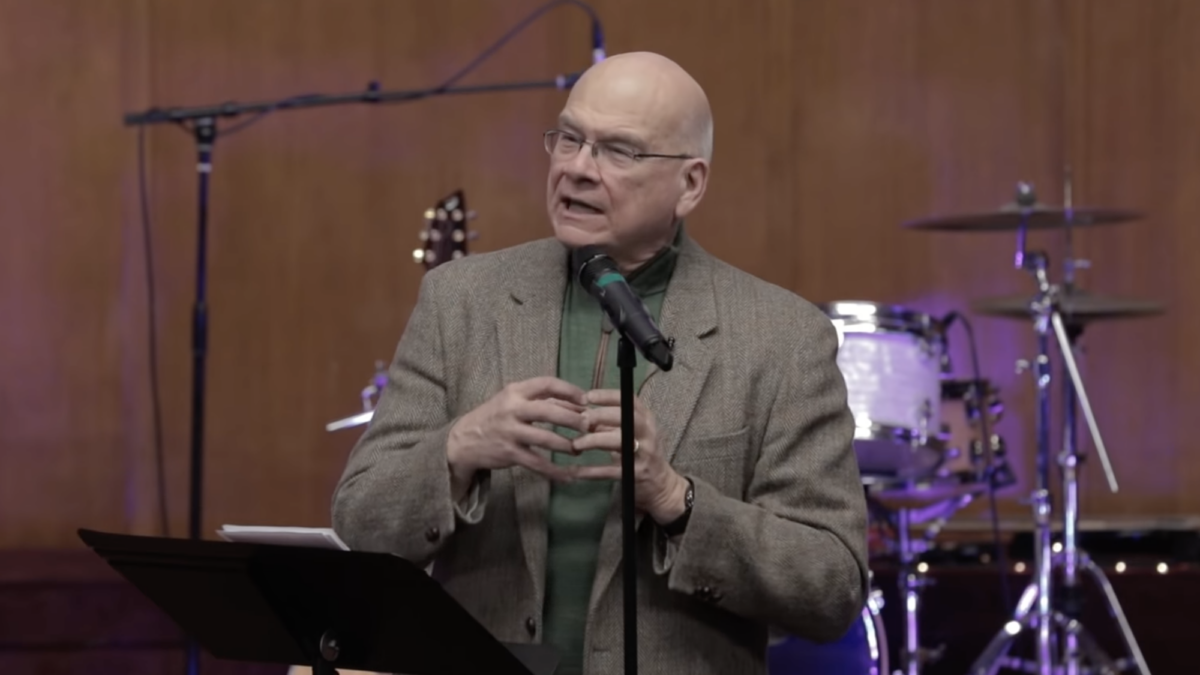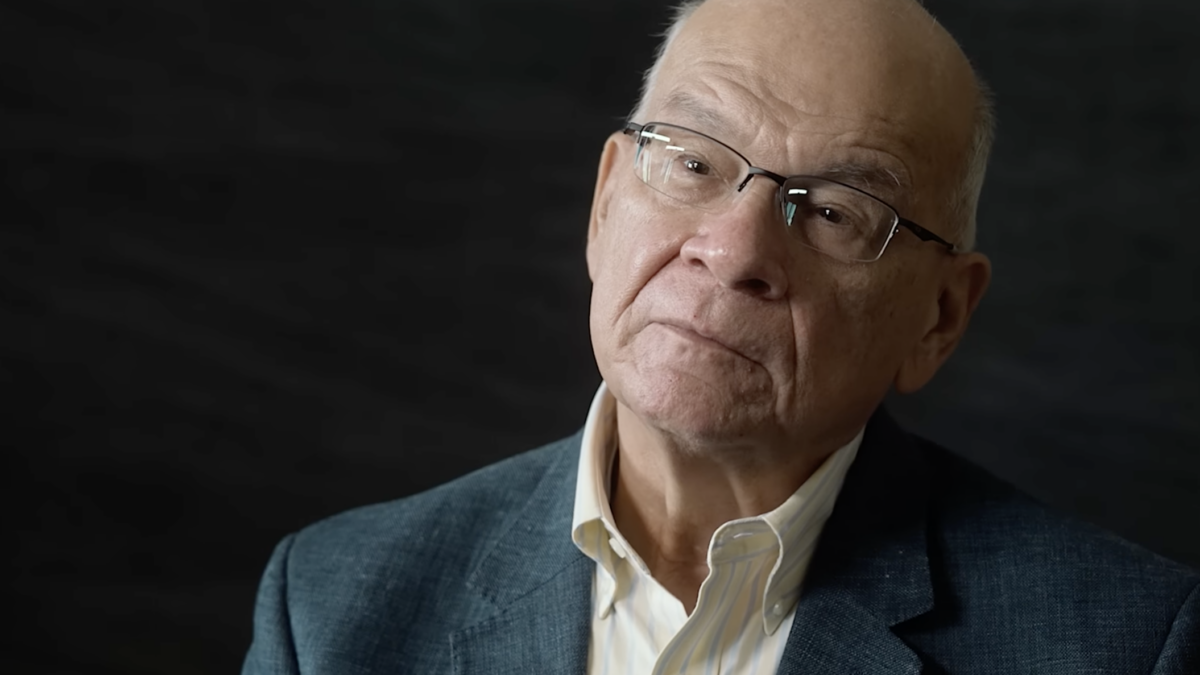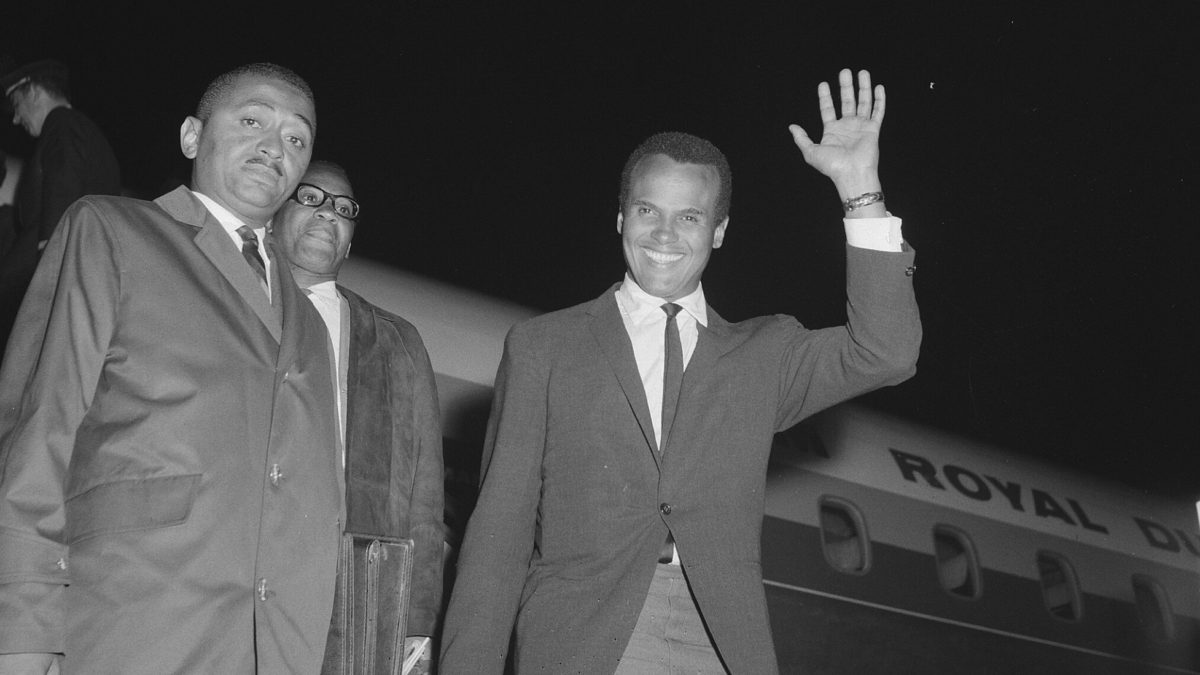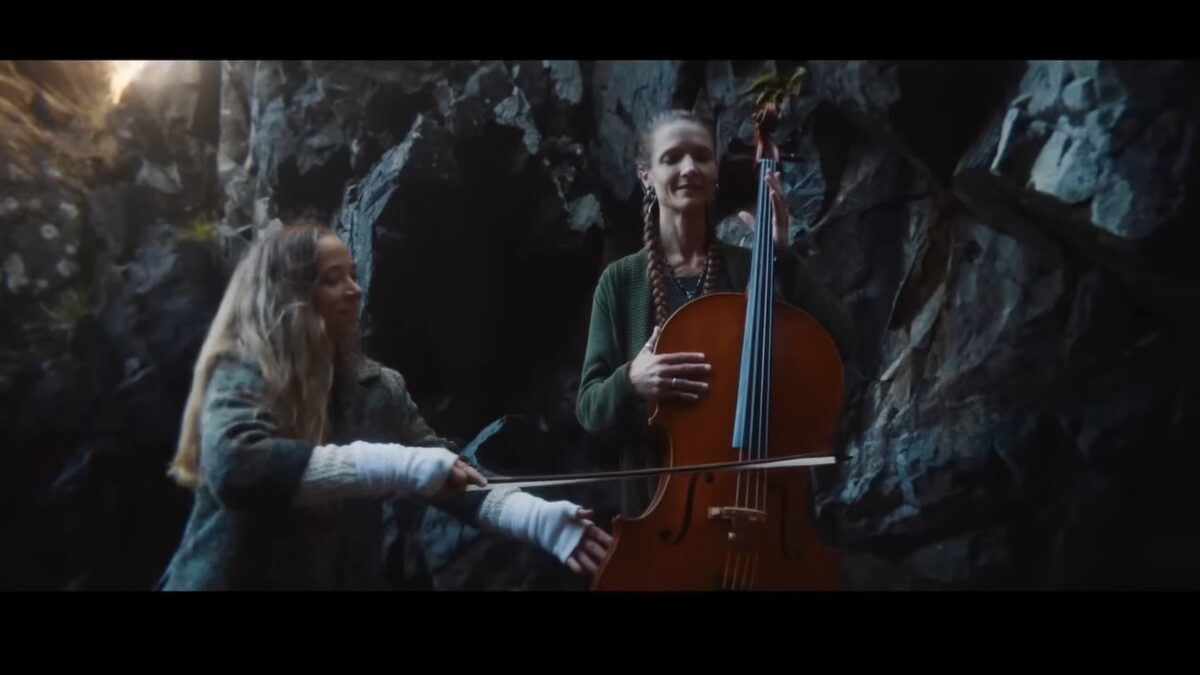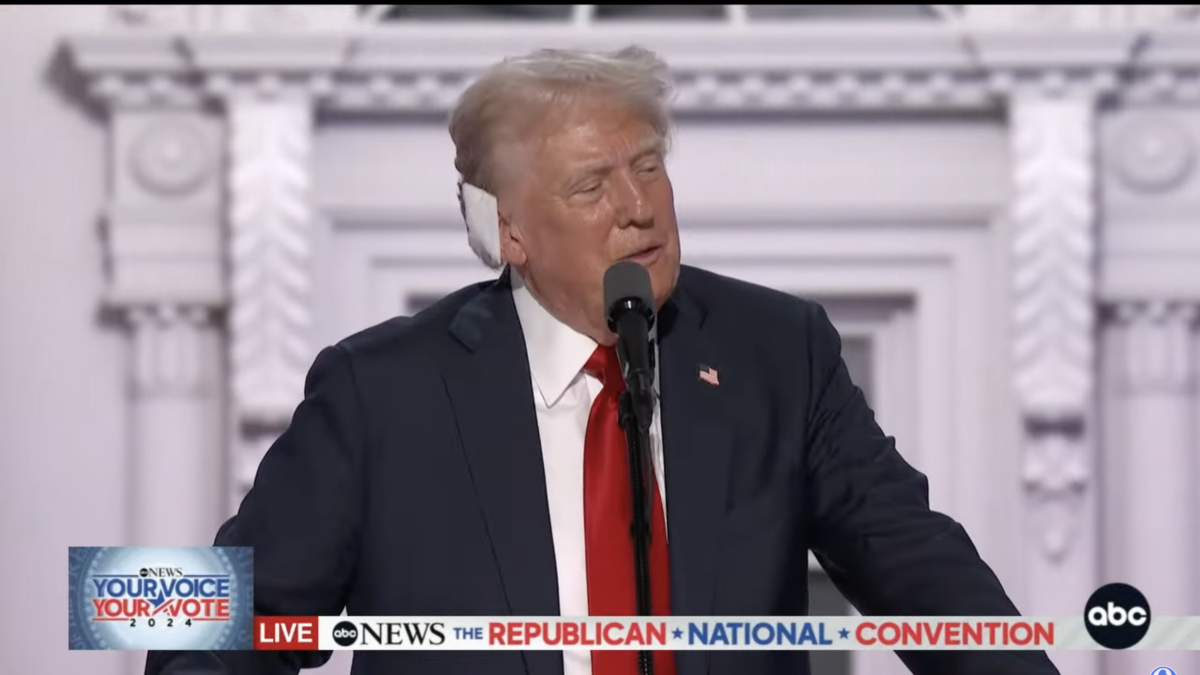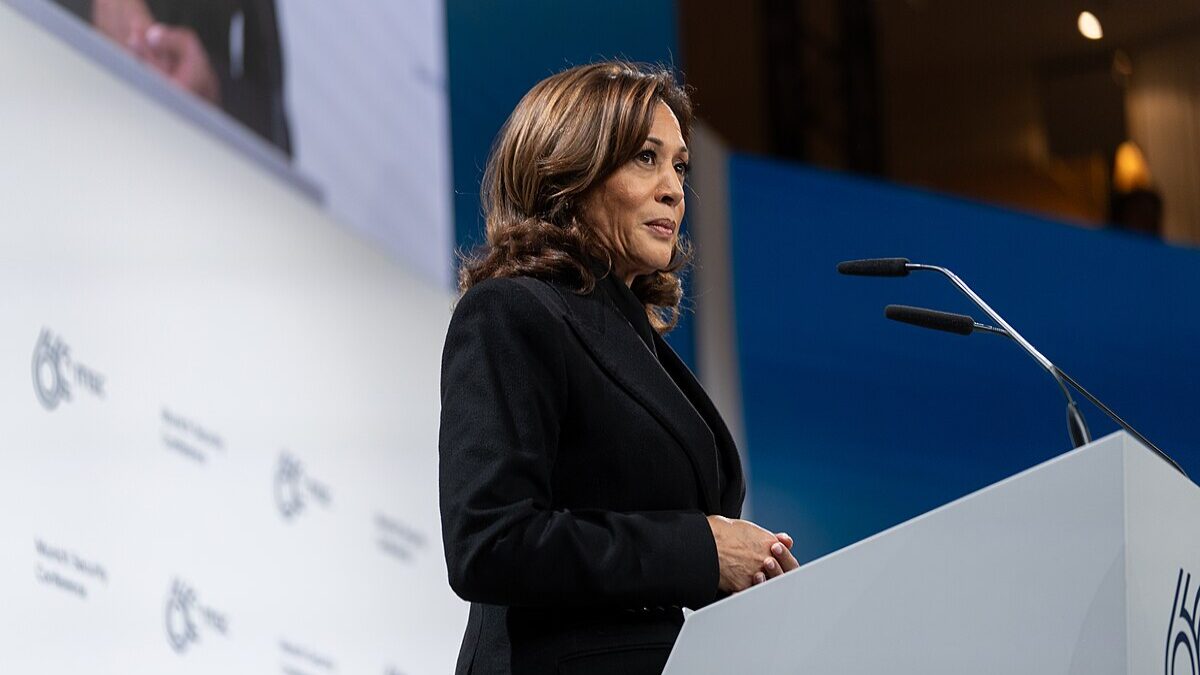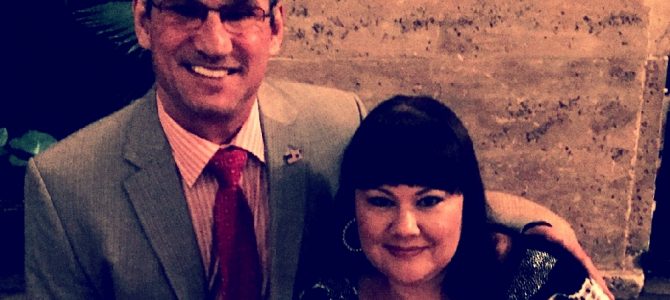
When 2016 began, it seemed to be defined by politics. We had primaries made for reality TV. The Republican primary was a knock-out “Survivor” competition. The Democratic primary was a WWE match with a lot of entertaining talk, but we knew the outcome had already been decided even if some fans didn’t.
Now as we look back on 2016, it seems to be defined by death. Sure, there are celebrity deaths every year, but many felt like 2016 was particularly cruel: Alan Rickman, Glenn Frey, David Bowie, Prince, Gary Shandling, Gene Wilder, Florence Henderson, Alan Thicke, George Michael, Carrie Fisher, and Debbie Reynolds, among many others. With each celebrity death came tributes, retrospectives, past interviews that now seemed especially poignant, and cursing the year 2016.
I am a fan of many of the celebrities who died, but it did seem a little over the top to say 2016 was worse than any other year. Then November 11 came.
I was at a friend’s house in Rehoboth Beach, Delaware. The election was over, my candidate had won, and it was the beginning of a three-day weekend. My friend and I had spent the day shopping and walking along the boardwalk. It was sunny and in the 60s, so pleasant enough for mid-November in Delaware. The cable had been turned off at the house since summer was over, so we flipped through channels while mindlessly scrolling through Twitter and Instagram. Then I got a text from a guy I knew through Floyd, one of my best friends.
“Did you hear?” he wrote.
“About what?” I wrote back.
“Floyd.”
That this conversation was happening was such a coincidence because the night before it I had dreamed about Floyd and had woken up remembering it had been a while since we had talked.
“No, what happened?”
“Just received a call. Floyd passed away.”
I immediately left the room, went into the guest bedroom, and closed the door. After a few more text messages I had established that it wasn’t a mix-up. At first I insisted it was a mistake, because Floyd’s father was also named Floyd. Maybe someone just got confused. That wasn’t the case. My Floydie had died. I spent the next 24 hours crying and unable to sleep.
The Floyd I Knew
I first met Floyd in 2003 at an airport. He was working as a bodyguard with a famous conservative author and speaker that I often traveled with when she did college speeches. Over the next couple years Floyd and I traveled together with various speakers, talking about life and politics backstage or while the client did book signings. After my employment at the speaker’s bureau ended, we stayed in touch and would talk on the phone for hours.

Prior to working security, he was with the New York Police Department in Long Beach for many years. Later he trained with the British SAS (similar to the U.S. Secret Service) as he began doing more executive protection. When I became the director of the Conservative Political Action Conference (CPAC) from 2006 to 2011, there was no question that I would bring him along to be in charge of security. He soon became a familiar face at many conservative events.

A week after I learned of Floyd’s death I drove to Long Beach, New York for his funeral. I had driven to New York before, but always had Floyd’s help along on the way. Depending on the time of day he would text me to take this bridge rather than that bridge or to check in on where I was and what the traffic was like. This time my phone remained silent. I had never felt more alone than I did during that drive.
At the funeral I saw the people I had heard him talk about over the years—his sister, his father, his niece, his former NYPD partner, and fellow bodyguards. I briefly spoke to his girlfriend, whom I had gotten to know during our trips together to Palm Beach. I sat with his famous client who had introduced me to him more than a decade ago.
His aunt read a poem she had written about him. On his health issues over the last few years, she wrote: “If anyone can get through this, Floydie can. After all, he was Superman.”
A fresh flood of tears came as I remembered one of our last conversations. He had said he still displayed the birthday card I had given him a few years ago. When you opened it, it played the Superman theme, although he said now it sounded a little more wonky since the battery was dying
Floyd Was Also a Star
In a year that was defined by celebrity deaths, it’s sad but fitting that we would lose Floyd. He was also a star. Despite being around speakers for whom college groups raised thousands of dollars to bring to their campuses, Floyd was often the center of attention. One year I made calendars with Floyd’s photo and gave them to students. You see, Floyd didn’t leave the NYPD to pursue executive protection, but to pursue his passion: acting.
With his thick gray hair, charisma, and dynamic smile, he was a natural. He worked as a double and stand-in for Richard Gere in several movies. He made regular appearances on “Oz,” “Law and Order,” and “The Sopranos.”

When we see people grieve for celebrities it can be easy to dismiss their grief because we don’t know the role they played in their lives. Maybe Prince’s music got a girl through difficult years in middle school. Or Alan Rickman’s portrayal of Snape helped a guy work through a complicated relationship with his father.
From the outside, someone might ask how Floyd and I with our 19-year age difference could have been best friends, or how people can grieve for celebrities they never knew. When I found myself unable to sleep a few weeks ago, it was comforting and bittersweet to turn on the TV at 4 a.m. and see Floyd on “Law and Order.” For a brief moment, he was still here.



